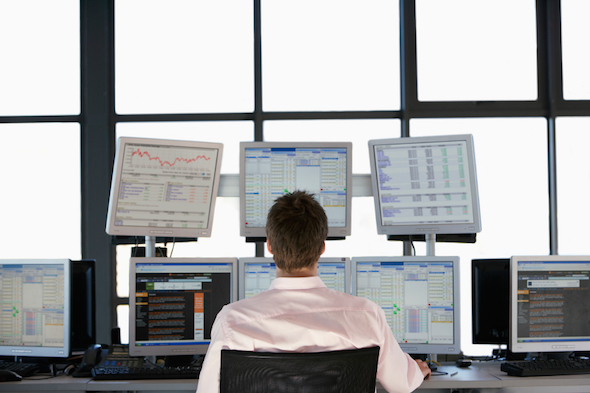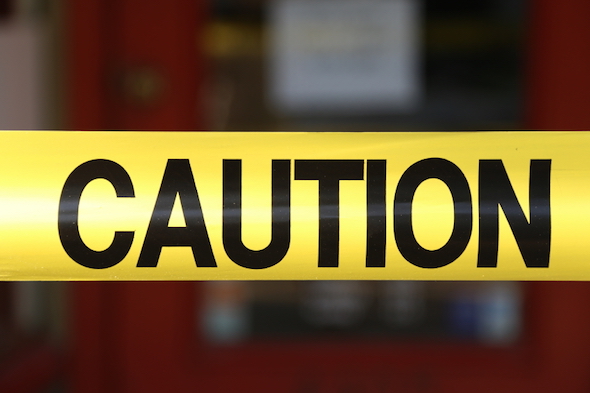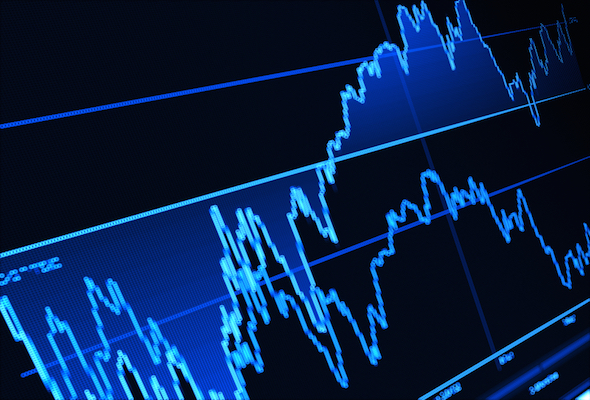Deciding where to invest your extra money can be tough when there are so many different investment products to choose from. If you’re wondering what a commodity is and how it’s traded as a financial investment, you’ve come to the right place. Here we have a comprehensive guide for you about commodities and the role they play in financial markets.
Check out our investment calculator.
What’s a Commodity?
Let’s start with a basic definition. Commodities are usually naturally-occurring or agriculturally grown materials that can be traded (that is, bought and sold). Due to their nature, commodities of the same type and grade generally do not differ much between producers. Thus they are interchangeable and are priced similarly, if not equally.
Some examples of widely traded commodities are gold, silver, crude oil, natural gas, livestock, coffee, wheat and corn. Note that they are all goods and not official forms of currency (although occasionally you’ll hear talk of using commodities to back currency).
Commodity Trading

Commodities are crucial to our everyday lives, which could explain why investors see the value in trading them. When commodities are traded, investors aren’t necessarily looking to purchase the right to claim the physical commodity. After all, if you were trading the good itself, (let’s say it’s livestock) transferring numerous cattle between owners could be quite cumbersome!
Commodities are often bought and sold on exchanges via futures contracts (also known as derivatives). You can read our article on futures if you want more information, but these contracts are basically agreements to buy or sell a certain amount of a good at some point in the future.
The prices set in commodity futures contracts are based on speculation. If the contract expires and the commodity is selling at a lower price than what was agreed upon in the contract, the buyer profits. But if the price of the commodity rises, the buyer loses out on some money.
Related Article: What Are Futures?
Commodity ETFs
You’re not limited to buying and selling commodities through futures markets. Both stocks and commodity exchange-traded funds (ETFs) provide another way for people to invest in commodities. An exchange-traded fund is a financial security that seeks to track a certain market index, bonds, different assets or a particular commodity.
An ETF is traded on the market just as a stock is. That means that the fund can experience price fluctuations throughout the course of the trading day and it has fewer barriers to entry than say, a hedge fund. A commodity ETF will invest in (you guessed it!) commodities and aims to track the performance of either a single commodity or a bundle of them in a commodity index.
Why Invest in Commodities?
One appealing aspect of investing in commodities is that each unit of the product being traded is, more or less, the same. Unlike with equities, an investor does not need to factor in discrepancies between various brands and companies when deciding where to put his or her money. With commodities, you simply need to choose one to invest in because variation between product units is not something you have to worry about.
To reduce risk, investors are strongly encouraged to diversify their portfolio of financial instruments among different asset classes. That way, the poor performance of one security will, ideally, be neutralized by the strong performance of another. Often, (but not always) when the stock and bond markets are doing poorly, commodities markets see the opposite effect.
Check out our asset allocation calculator.
Commodity Exchanges
Commodity futures are traded on a number of different exchanges, some of which include the New York Mercantile Exchange (NYMEX), the Chicago Board of Trade (CBOT), the London International Financial Futures and Options Exchange (LIFFE), the London Metal Exchange and ICE Futures US (ICE). Due to the nature of the products, futures contracts can be traded in large quantities.
Dangers

Prices of commodities more or less follow the law of supply and demand. When supply decreases or demand increases, prices generally increase. Commodities don’t pay investors interest or dividends but the reason they’re traded is because someone thinks they’ll be worth more in the future.
As such, prices of commodities are highly susceptible to factors that are out of our hands, such as natural disasters or political turmoil. Commodities traded through futures markets can be quite volatile and it’s possible to accrue huge losses.
Bottom Line
Investing in commodities has the potential to create high returns, but by no means is that a guarantee. Because futures markets can be so unpredictable, investing in commodities through a futures contract might not be a good idea for risk-averse or beginning investors.
Before you start investing in commodities, it’s important to do your research so you can decide whether they’re the best financial instruments for you. If you don’t have the time or expertise to do the necessary research, it may be a good idea to consult a financial advisor. A matching tool like SmartAsset’s can help you find a professional to work with to meet your needs. First you’ll answer a series of questions about your financial situation and goals. Then the program will match you with up to three advisors in your area. You can then read their profiles to learn more about them, interview them on the phone or in person and choose who to work with in the future. This allows you to find a good fit while the program does much of the hard work for you.
Photo Credit: © iStock.com/hh5800, © iStock.com/IPGGutenbergUKLtd, © iStock.com/olcayduzgun
